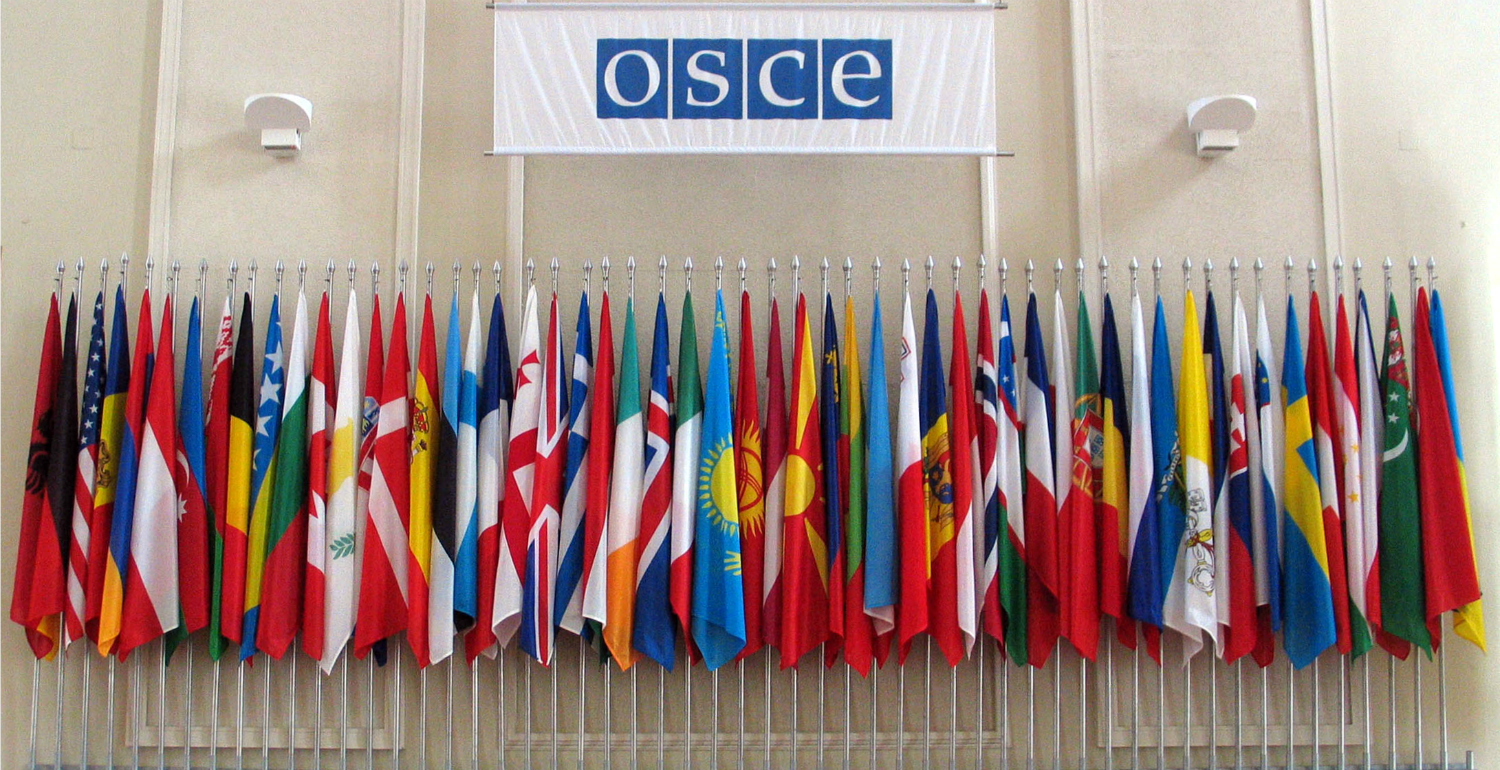The purpose of this hearing, which Sen. Dennis DeConcini and Rep. Steny H. Hoyer chaired, was to examine the first meeting in CSCE history devoted exclusively to the environment. The hearing predated the Sofia Meeting itself, whose purpose was to address environmental problems that recognize no borders and threaten every individual’s right to a peaceful and secure life.
Unfortunately, the Sofia Meeting had been marred by the Bulgarian government’s lack of tolerance in its treatment of its Turkish and Muslim minorities, specifically the Bulgarian government’s campaign to assimilate Turkish minorities, which constituted a serious violation of human rights. Needless to say, then, intersectionality existed and continues to exist among environmental issues and the Helsinki process’s other top priorities.








